Web hosting is the service that allows your website to be accessible on the internet. By storing your site’s files on a server, web hosting ensures that users can visit your site whenever they want. This article will explain the different aspects of web hosting, including what is hosting in website, how it works, the types of hosting available, and tips for choosing the right provider.
Key Takeaways
- Web hosting provides the necessary server space to store a website’s data, ensuring accessibility and functionality online.
- Choosing the right web hosting type—such as shared, VPS, dedicated, or cloud—depends on specific website needs, including traffic levels and performance requirements.
- Paid hosting plans offer significant advantages like enhanced performance, security features, and reliable customer support compared to free hosting options.
Table of Contents
What is Web Hosting?
Web hosting is a service that reserves space on a server to store a website’s data, enabling it to be accessed online. Think of it as renting a plot of digital land where your website’s files reside. When you purchase a web hosting plan from a web hosting company, the provider allocates server space specifically for your website or applications. This is how web hosting work is structured to ensure your site is always available.
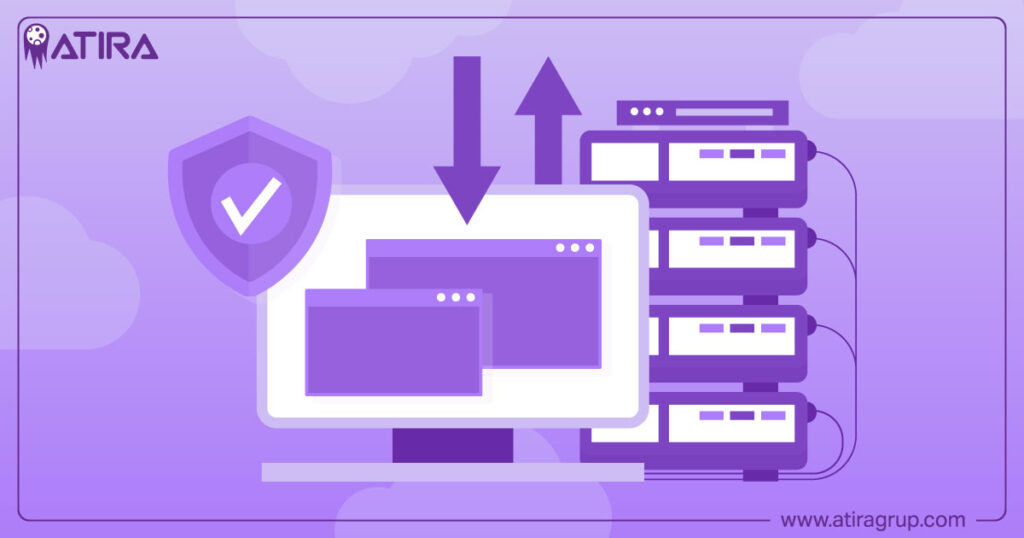
Hosting providers rent out this space to customers, equipped with the technology to ensure secure and efficient operation. Their primary responsibility is to make websites accessible on the internet, directing traffic to these sites and ensuring they function smoothly. Essentially, a service provider for web hosting is the backbone of your online presence, as web hosts provide the necessary infrastructure.
This service can be likened to a cloud where your website’s files are stored, allowing users to access all the files via the internet. Storing your site’s files on the same physical server guarantees that your website is accessible to visitors globally.
How Web Hosting Works
The mechanics of web hosting involve a few critical steps. Web hosting providers manage physical or virtual servers that host the necessary resources for a website. These resources include server maintenance and security measures to keep the websites running smoothly and securely.
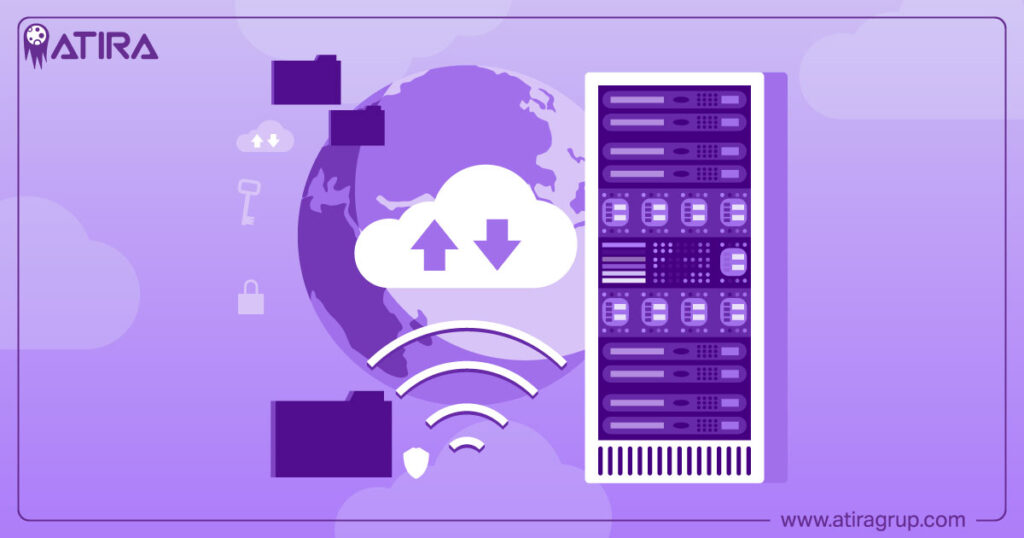
When you want to make your site accessible, you need to upload your website files to the server. This process usually involves transferring files from your local computer to the server using FTP (File Transfer Protocol) or a control panel. Additionally, the Domain Name System (DNS) needs to be configured correctly to ensure that users can find your site online, including FTP access.
After setup, typing your domain name into a browser prompts the web host’s server to send the necessary files, loading the website. This seamless transfer of data ensures that your site remains accessible and performs well. The continuous operation of the server is crucial to keep the website available for visitors at all times.
Key Features of Web Hosting Services
Web hosting services come with a variety of web hosting features designed to accommodate the needs of different websites. One of the key features is the scalability of storage, computing power, and bandwidth, which are essential for handling growing website traffic. This scalable web hosting solution ensures that your website can grow without facing performance issues. Additionally, choosing the right web hosting service can further enhance your site’s performance.
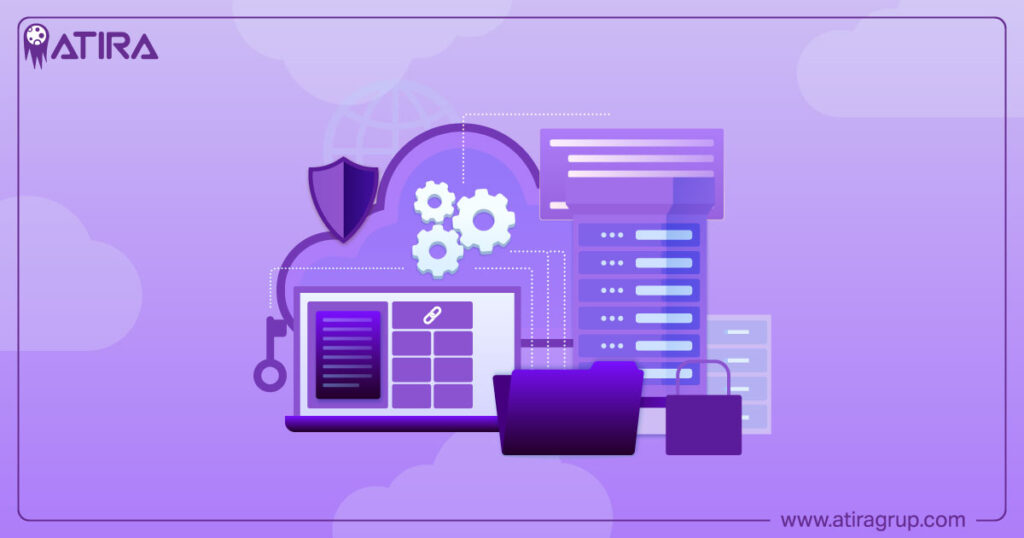
Other critical features include robust security protocols, regular backups, and technical support. These services add significant value to hosting plans, ensuring that users have all the necessary tools for efficient website management.
Storage Space and Bandwidth
Storage space and bandwidth are fundamental elements of web hosting. Storage space, often referred to as disk space, is where your website’s files are stored. The amount of storage space you need depends on the size of your website and the number of files.
Bandwidth, on the other hand, is the amount of data that can be transferred between your website and its users in a given time frame. Higher bandwidth leads to faster websites and improved network reliability, which is crucial for maintaining optimal website performance. Insufficient bandwidth can cause site crashes or high latency, affecting the user experience.
Control Panels
Control panels are essential tools provided by hosting services to manage your hosting account without the need to log into the web server directly. These user-friendly interfaces are designed to cater to users of all skill levels.
With a control panel, you can manage your website files, create backups, and install applications with ease. This content management system functionality simplifies server management and makes it easier to maintain your website efficiently.
Uptime and Reliability
Uptime is a critical factor in web hosting, referring to the period during which a website is available online. It is typically expressed as a percentage, and higher uptime percentages indicate more reliable hosting services. Reliability is crucial because excessive downtime can lead to loss of sales, poor customer experience, and security risks.
Factors that impact uptime include the maintenance and stability of the web servers. Web hosts take measures to ensure continuous server operation, keeping websites accessible to internet users.
Cloud hosting, for instance, minimizes downtime by using a network of servers to manage computing resources effectively.
Types of Web Hosting Solutions
Web hosting solutions come in various forms to cater to different hosting packages and traffic levels, including web hosting plans. The main categories of web hosting are:

- Shared hosting
- VPS hosting
- Dedicated hosting
- Cloud hosting options
- Type of web hosting solution
Choosing the right type of hosting is essential to match your website’s specific requirements. Each type of hosting offers different levels of performance, control, and scalability, making it crucial to understand their differences and benefits.
Shared Hosting
Shared hosting is a popular and economical option where multiple websites share the same server resources through a hosting service. This means that hundreds of websites can coexist on a single server, sharing disk space, CPU power, and random access memory.
Individuals and small entities with low traffic needs find this type of hosting most suitable. However, because resources are shared, high traffic on one site can affect the performance of others on the same server.
VPS Hosting
VPS hosting, or Virtual Private Server hosting, offers a middle ground between shared and dedicated hosting. It involves partitioning a physical server into smaller virtual servers, each with its own resources. A virtual private server VPS provides more control and flexibility compared to shared hosting and is a great option for those considering virtual private servers.
Unlike shared hosting, VPS hosting provides dedicated resources such as memory and processing power, leading to better performance and flexibility. Users can also install their own operating systems and have greater control over their server settings.
Dedicated Hosting
Dedicated hosting is well-suited for large online businesses. It is particularly beneficial for those that experience heavy traffic. It provides an entire server exclusively for one client, allowing for maximum performance and security.
This type of hosting offers complete control over server settings, enabling clients to install specialized software and make server configuration adjustments as needed. However, it is the most expensive hosting model and requires extensive technical skills for maintenance.
Cloud Hosting
Cloud hosting uses multiple virtual servers to host websites, allowing for flexible resource management and high reliability. Data is stored across various servers, ensuring redundancy and minimizing downtime.
Key advantages of cloud hosting include scalability, which allows websites to grow with traffic demand, and quick server takeovers in case of failures. This makes cloud hosting an excellent choice for websites with fluctuating traffic.
Choosing the Right Web Hosting Provider
Selecting a reliable web hosting provider is crucial to ensure your website remains accessible and performs well. Various factors, such as storage capacity, management level, and technical expertise required, should be evaluated when making a choice among web hosting service providers.
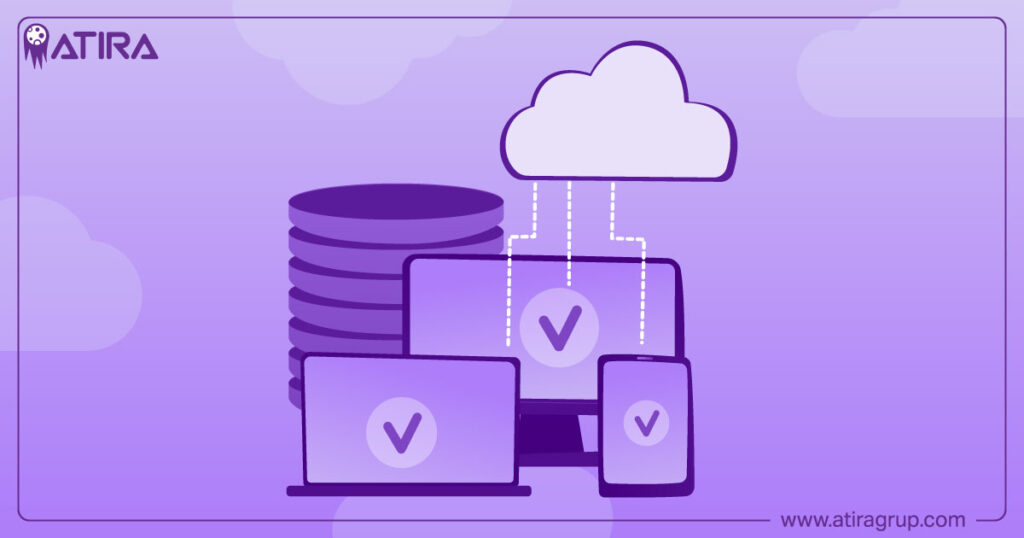
Consider the technical support provided, as it is vital for resolving issues quickly and maintaining optimal website performance. Implementing robust security features and regular backups is also essential for protecting your website from vulnerabilities.
Assessing Technical Specifications
When choosing a web hosting provider, it is important to assess technical specifications such as disk space, processing power, and bandwidth. These factors determine the performance and capacity of your website. Understanding your website’s specific needs can help you choose the appropriate hosting package. Higher bandwidth allows more visitors to access your site simultaneously without performance issues.
Customer Support and Service Level Agreements (SLAs)
Reliable customer support is crucial for troubleshooting and resolving issues like downtime or slow performance. Web hosting companies typically provide 24/7 customer support, including resources like tutorials and knowledge bases.
Testing the customer support options before purchase is essential to ensure they meet your requirements. Access to dedicated technical support is a significant advantage of paid hosting, ensuring prompt resolution of issues.
Security Features
Security is a critical aspect of web hosting. Effective security measures protect customer data and enhance trust, making it an essential consideration when selecting a hosting provider. SSL certificates are one such security feature, safeguarding data during online transactions.
Hosting companies must implement robust protocols to prevent security breaches and protect customer data. Enhanced security features, typically included in paid hosting plans, offer better protection against data breaches and other vulnerabilities.
Web Hosting vs. Domain Name
Web hosting and domain names serve different purposes, and it’s essential to understand their roles. Web hosting provides the physical space for your website files, while a domain name is a user-friendly address that directs users to those files.
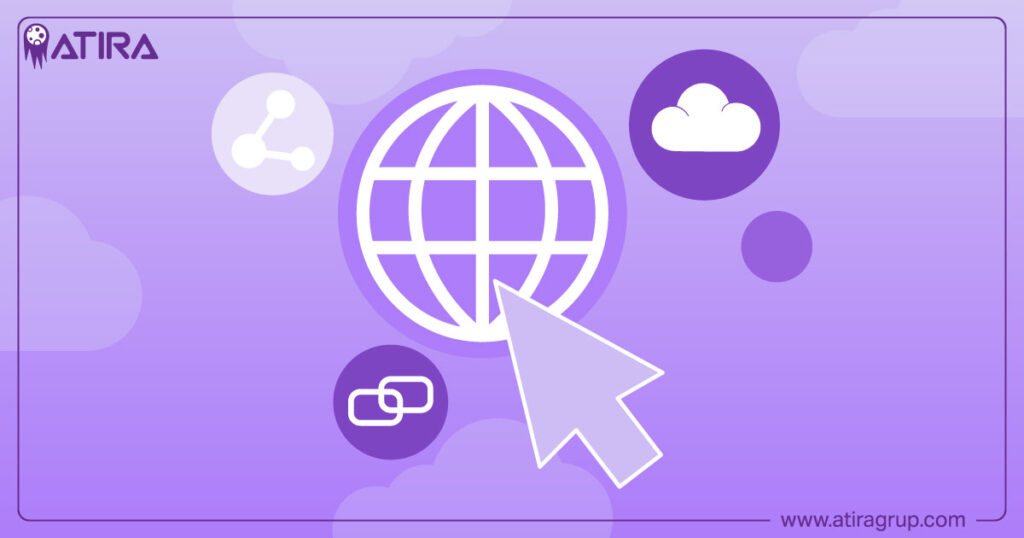
A domain name needs web hosting to link to active web files, ensuring your website is accessible. Selecting a dependable web hosting provider is crucial for maintaining your site hosted accessibility and security.
Role of Domain Names
Domain names act as the digital identity of a website, serving as an address that directs users to where the website’s domain files are stored. Typically, a domain name comprises a website name and a domain extension.
The Domain Name System (DNS) translates human-friendly domain names into numerical IP addresses, facilitating web access. Domain names and hosting accounts can be purchased from the same or different providers, offering flexibility in how you manage your website through domain name registration, domain registration, and domain registrars.
The Benefits of Paid Hosting Plans
Paid hosting plans offer numerous advantages over free hosting options. They typically provide higher performance due to increased server resources, leading to faster loading times and better website performance. Additionally, paid hosting services allow the use of custom domains, enhancing professionalism and brand presence.

Overall, choosing a paid hosting plan and considering various wordpress hosting plans ensures better performance, support, and advanced features compared to free hosting options, making it a worthwhile investment for serious website owners.
Ongoing Website Maintenance
Regular website upkeep is essential for maintaining functionality and enhancing user experience. This includes:
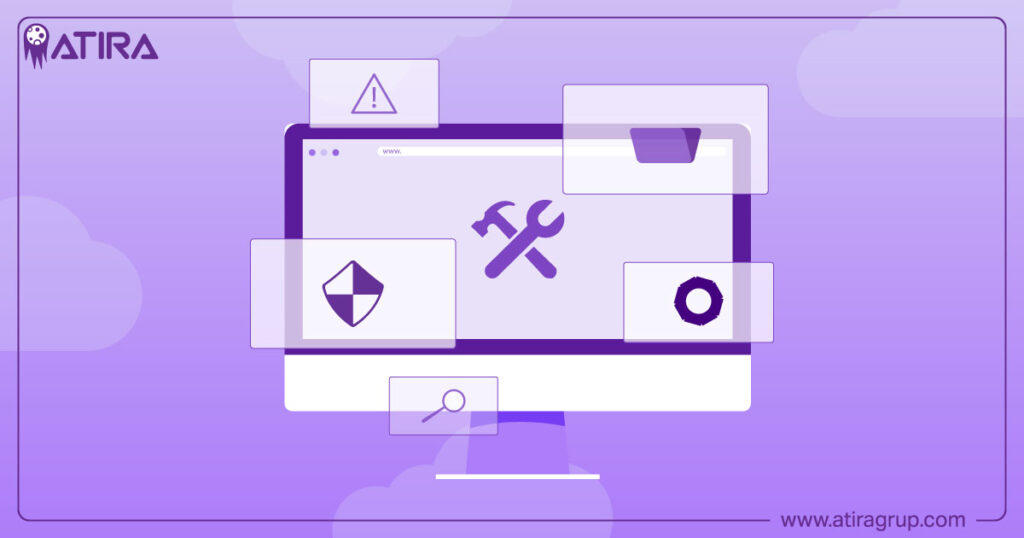
- Regular updates
- Monitoring issues
- Ensuring security
- Backups
- Performance optimization
Performance monitoring helps identify issues and ensures optimal site speed and responsiveness. A strong backup plan from your hosting provider is vital for data recovery in case of issues, ensuring your site’s data remains safe.
Summary
Web hosting is the foundation of your online presence, providing the space and resources needed to make your website accessible. Understanding the different types of web hosting solutions and their features helps you make informed decisions that best suit your needs.
Investing in a reliable web hosting provider with robust security features, excellent customer support, and ongoing maintenance ensures your website remains functional and secure. By choosing the right web hosting plan, you can enhance your website’s performance and provide a better user experience for your visitors.
Read more:
Top 10 WordPress Themes for 2025: Elevate Your Site Now
What Are Servers? | The Essential Guide to Types and Features
Frequently Asked Questions
What is web hosting?
Web hosting is a service that allocates space on a server to store a website’s data, facilitating its availability on the internet. In essence, it ensures that your website can be accessed by users at any time.
How does web hosting work?
Web hosting works by having providers manage servers where website files are uploaded, alongside configuring DNS settings to ensure the site is accessible to users. This process is essential for making a website live on the internet.
What are the main types of web hosting?
The main types of web hosting include shared hosting, VPS hosting, dedicated hosting, and cloud hosting, each providing varying levels of performance, control, and scalability to meet diverse needs. Choosing the right type depends on your specific requirements and budget.
Why should I choose a paid hosting plan over a free one?
Choosing a paid hosting plan over a free one is advisable due to superior performance, enhanced customer support, and access to advanced features that are essential for serious website management. This investment ensures a more reliable and professional online presence.
What is the difference between a domain name and web hosting?
The domain name acts as your website’s address, whereas web hosting offers the storage space for your site’s files. Both elements are essential for online accessibility.


